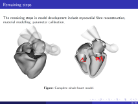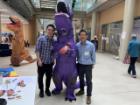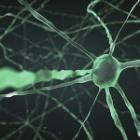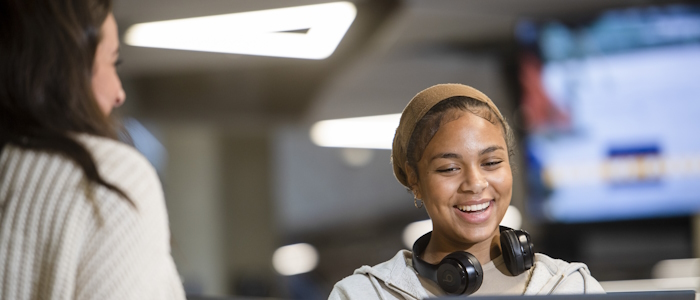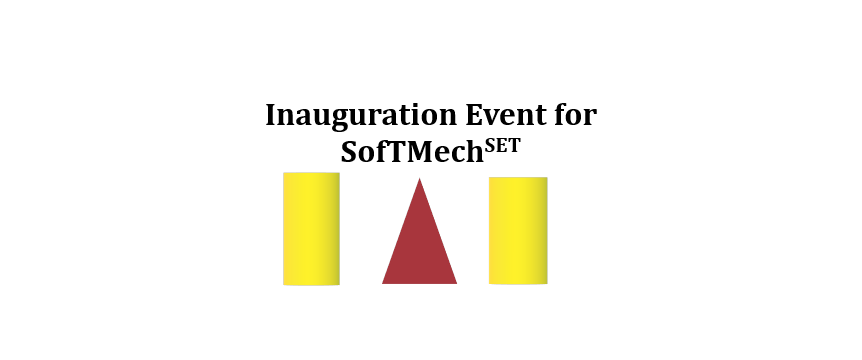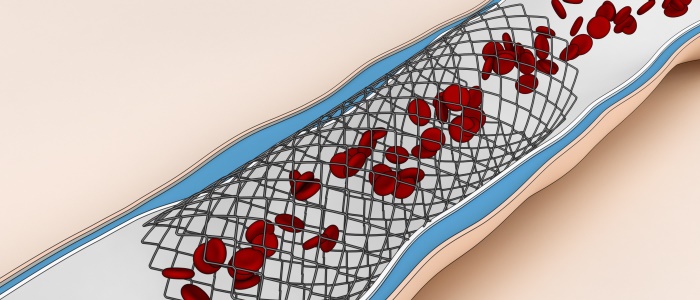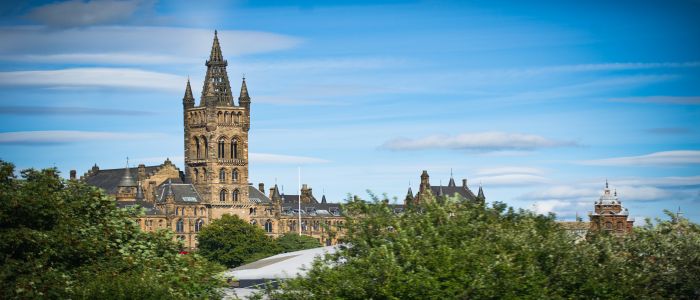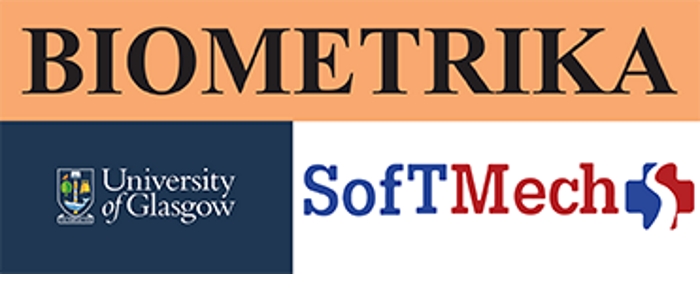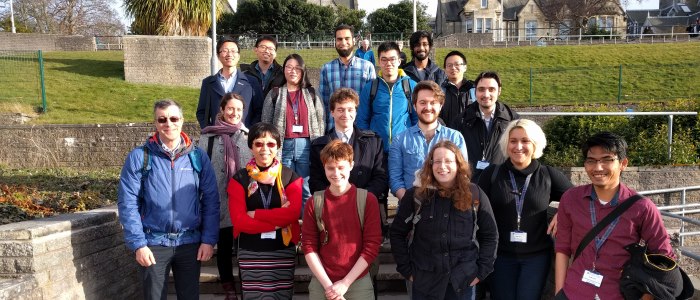New EPSRC funded Centre for Future Percutaneous Coronary Intervention (PCI) Planning

Runner Up for Liuyang Abstract Scottish Right Heart Symposium
Tue, 14 Nov 2023 12:37:00 GMT

From Feasibility study to a $3 million NIH R01 grant to create a digital twin of the bladder
Thu, 12 Oct 2023 13:00:00 BST

Liuyang's journey
Tue, 06 Feb 2024 12:03:00 GMT
SECRET Competition
The SECRET Competition which began in March 2023 with the release of the models concluded with a Conference day held on the 23rd October at the University of Glasgow.
At the conference each of the top-ranked participants was invited to give a presentation describing their method. This was followed by the presention of the assessment criteria and then an award ceremony.
The conference day continued with an open discussion about the assessment criteria and lessons learnt from the competition, both in terms of model development and running future competitions.
This was followed by a conference dinner held in the Glasgow Grosvenor Hotel.
The winner of the SECRET Competition wasUniversity of Glasgow PhD student William Ryan.
Runners up were:
Professor Iain Murray from the University of Edinburgh and
the University of Exeter team: Louise Kimpton, Victoria Volodina, Xiaoyu Xiong,Victor Applebaum, Michael Dunne, Jake Hollins and James Salter
Highlights of the day can be viewed on the slide show and video links to the right
Background on the Competition
Statistical Emulation for Computational Reverse Engineering and Translation
SECRET international competition in cardiac modelling
This competition aimed to assess computational tools for accurate, robust and computationally efficient inference of unknown parameters in complex cardiovascular biophysical models from physiological data. Two state-of-the-art computational fluid dynamics (CFD) models of the pulmonary and systemic circulation were provided. The models served as a benchmark to assess competitors' methods for fast model parameter inference and uncertainty quantification (UQ). In order to evaluate the performance of a competitior's method synthetic data was provided simulated from the aforementioned CFD models with pre-set parameter values, subject to additive observational noise. The true parameter values were revealed after all participants have submitted their answers.
Competitors were asked to submit
(i) estimates of the biophysical parameters,
(ii) the corresponding “best” data prediction for the vessels of interest (for which data have been provided),
(iii) a measure of estimation uncertainty: ideally the full posterior distribution of (a) the biophysical parameters and (b) of two points in function space (the minimum and maximum of the time-series signal) for every vessel of interest .
Note: for UQ, if standard deviation only is provided, the organisers will use a Gaussian approximation to draw samples.
The assessment of their method was based on accuracy and UQ in parameter and function space.
The competition consisted of two stages.
Stage one: Familiarisation with the model and construction of a statistical emulator for the quantity of interest well in advance of the data being released.
Stage two: After the data was released, a limited time interval was given (one week) to conduct the parameter estimation and UQ analysis and to submit predictions. This limitation is with clinical translation in mind, to mimic clinical practice and decision support.
The participants with the best three entries for each model have been invited to disseminate their work in a one-day conference hosted at the University of Glasgow. The best three entries for each model will also receive a certificate and a financial award, details of which will be announced later. The final goal of the competition is a research publication in a high-impact journal with the first three ranked submissions, which will provide a platform to disseminate the statistical methods and results obtained.
Timeline:
16th January – Competition announcement call out
20th March – Release of the models and the challenge description
1st September – Release of the data
8th September – Deadline for participants to submit their predictions
18th September – Organisers make the correct answers available and release the best three entries for each model
23rd October – Conference day
23rd October onwards – Work towards a joint publication
This competition is organised as part of the SofTMech Statistical Emulation and Translation Hub: https://gow.epsrc.ukri.org/NGBOViewGrant.aspx?GrantRef=EP/T017899/1.
- Event Organiser: Mihaela Paun from the University of Glasgow
- Co-organisers: Dirk Husmeier, University of Glasgow, Mitchel Coleback, University of California,Mette Olufsen and Alyssa LaPole, North Carolina State University

SofTMech head to Vienna
Thu, 07 Sep 2023 13:11:00 BST
Dialogue with Industry and Healthcare Technologies
Dialogue with Industry & Healthcare Technologies: 2nd May 2023
The aim and motive behind the event is a refreshed insight into the clinical needs and challenges faced, and to facilitate collaborative opportunities.
Event Report: To set the scene the event commenced with presentations of two of the main SofTMech EPSRC grants - MP and SET from Professor Nick Hill, SofTMech Director and Professor Dirk Husmeier, PI of SofTMech SET. This was followed by a series of short 2 min flash presentations by Post Doc students. These presentations were given to introduce their posters. After these presentations coffee was served together with the opportunity to view the posters. After coffee Robbie Brodie from Terumo Aortic gave an overview of Terumo's work in Aortic Pathologies, and main product lines. As well has his slides Robbie illustrated the productss via props of the models. Three short talks followed with John Zurowski giving an talk outlining plans for the new hub at the Queen Elizabeth Hospital which will facilitate validating medical digital products. Then Frances Ramsay from innoscot described their work and how they could help take potential ideas in the NHS forward. The last of the three talks was from Joanne Staples, Manager from Materialise who specialise in 3D products; Joanne gave us a whistle stop tour of their portfolio of work.
Carline Hogarth then told us about the University of Glasgow Impact Acceleration Account; what pots of money were avaliable and the criteria of the projects for application.
After a break for lunch the delegates were divided into 4 groups where they discussed and then fed back on the following topics
• Opportunities for new collaborations
• Translation to Healthcare and to the clinic; identifying and overcoming hurdles to translation
• Successful examples of collaborations and translation
• Communication – improving communication of SofTMech’s results, expertise and opportunities for collaborative research

What happened at the CardiARC Zone
Tue, 23 Aug 2022 12:59:00 BST
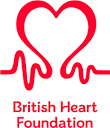
SofTMech Team Awarded BHF Project Grant on Tetralogy of fallot
Wed, 15 Jun 2022 09:46:00 BST
Cardiac Imaging in SARS Coronavirus disease-19 (CISCO-19) published in Nature
Mon, 23 May 2022 13:37:00 BST
What happened at the PhD Poster Competition on the 31st May
The event was an in-person Poster competition open to PhD students from SofTMech and CMALS. 28 people registered for the event; 17 presented posters.
After two years of the pandemic this event gave a valuable opportunity to at last ask questions in person, for discussion and perhaps just as importantly to meet some colleagues for the first time. Students participated in the event from the University of Glasgow Schools of Mathematics and Statistics, Biomedical Engineering, Ultrasonic Engineering and Computational Mechanics. Students came from the University of Strathclyde departments of Mathematics & Statistics and Biomedical Engineering.
Prior to the event the students arrived early to set up their posters. The event was opened by Dr Sean McGinty, Director of CMALS. A series of 1 min flash presentations, where each student had to give an overview of their poster by displaying a maximum of 2 PowerPoint slides, set the scene for the poster viewing. One of the students even gave directions to where his poster was; it worked as he finished 2nd !
The posters were judged by a combination of a panel of members of staff and also by the students themselves, who were each allowed one vote for their favourite poster. The standard of posters was high across the board. Certificates and vouchers were awarded to the best three posters.
Prize Winners
1st Prize: Tahani Al Sariri
Hyperthermic temperature and interval induced by magnetic nanoparticles transport in vascularised tumours
2nd Prize: Yuzhang Ge
Gaussian Process for Predicting Left Ventricular Displacements in Diastole
3rd Prize: Alistair McQueen
Computational modelling reveals an intricate interplay between drug release rate and dose on restenosis
Thanks go to the panel of academics for judging the posters, the library for turning around the printing of the posters, catering for the excellent scones, and all the attendees.
We hope the experience of this event will help all the students as they progress in their careers.
.................................................................................................................
Calendar of Events
- Next Research Meeting (Hybrid) Wednesday 14th December 311B

Research Associated appointed
Mon, 01 Aug 2022 15:53:00 BST
INTERNATIONAL WORKSHOP: A SYMPOSIUM ON CONTINUUM QUESTIONS: 12th and 13th May 2022
The Schools of Mathematics & Statistics at the University of Glasgow is organizing the
International Workshop: "A symposium on Continuum Questions"
The workshop is aimed at providing a two-day symposium where the state of the art and future perspectives concerning continuum mechanics and its applications will be discussed.
See link on right for full details and how to register
Attending an academic conference and networking
Attending an academic conference and networking: 24.03.22
Our first informal training event discussed academic conferences, covering:
- what actually happens at an academic conference?
- what can I hope to get out it?
- how do I network effectively?
The event also included a practical exercise on preparing an elevator pitch for networking with senior academics.
A recording of the event can be accessed from the link on the right hand side of the screen.
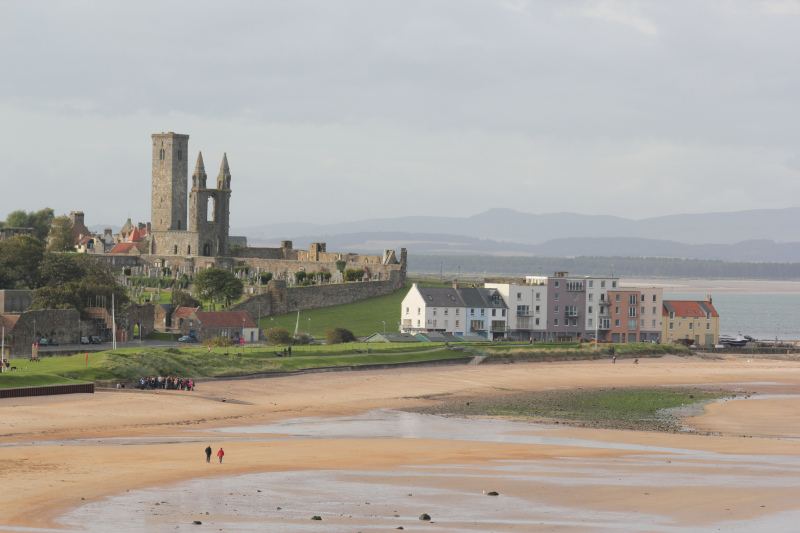
5th Soft Tissue Workshop 1-3rd June 2021
Tue, 04 May 2021 21:01:00 BST

SofTMech Training Day 28.01.22
Mon, 31 Jan 2022 12:21:00 GMT
CMALS "Show & Tell " Event:Wed. 28th April
Wed, 10 Mar 2021 15:40:00 GMT
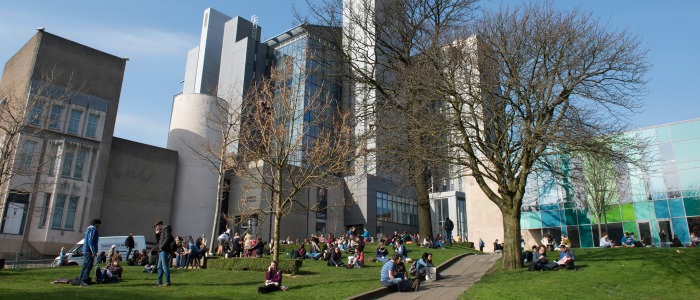
On-line St. Andrews SofTMech Tissue Modelling Workshop: 1st - 3rd June 2021
Tue, 28 May 2019 13:11:00 BST
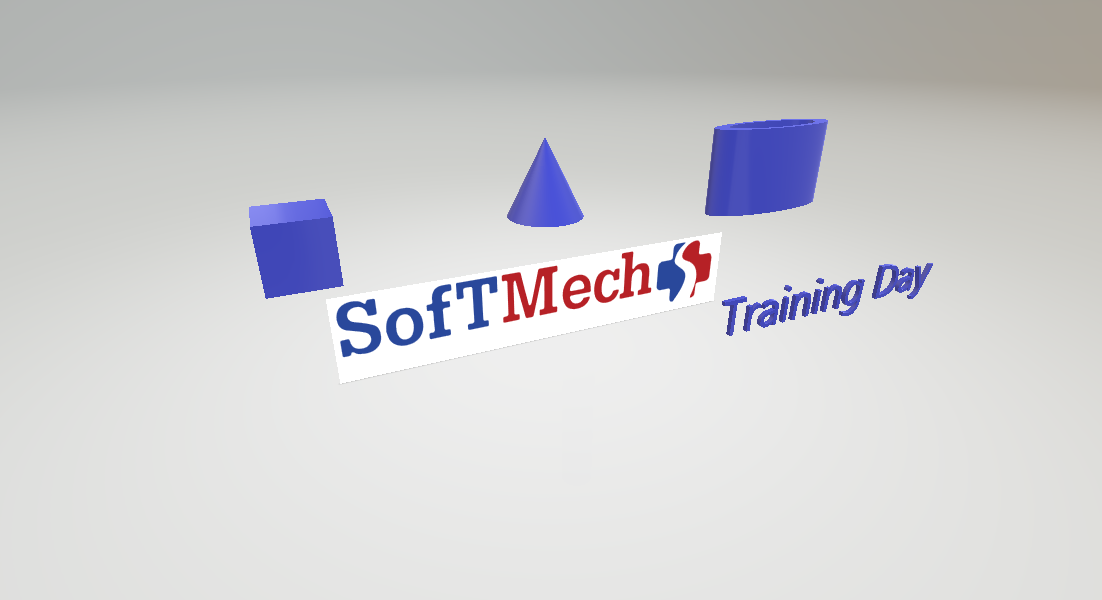
TRAINING DAY JANUARY 8th 2021
Mon, 23 Nov 2020 10:54:00 GMT
Impact of COVID-19
Fri, 20 Mar 2020 12:07:00 GMT
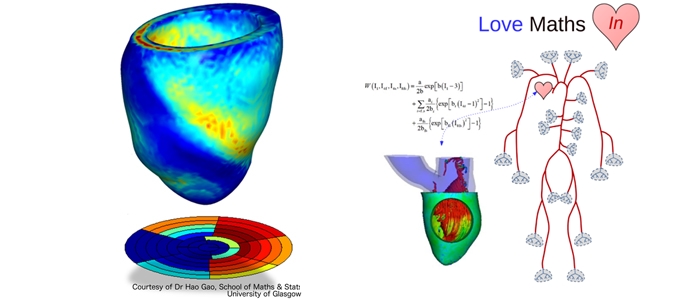
SofTMech Patient Participation Day 20th May 2019, Golden Jubilee Conference Hotel - Innovation center
Mon, 20 May 2019 13:04:00 BST
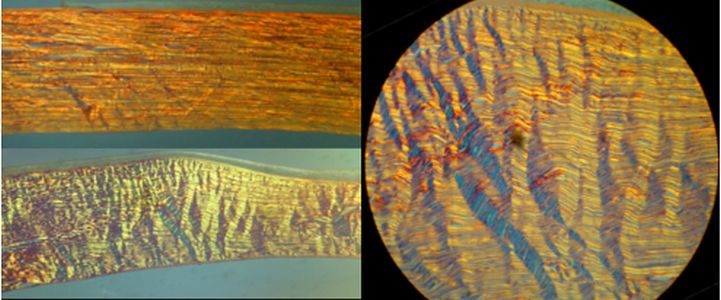
SIG Event on Fluid Mechanics of the Eye: Tuesday 26th to Wed 27th March 2019
Thu, 31 Jan 2019 12:09:00 GMT
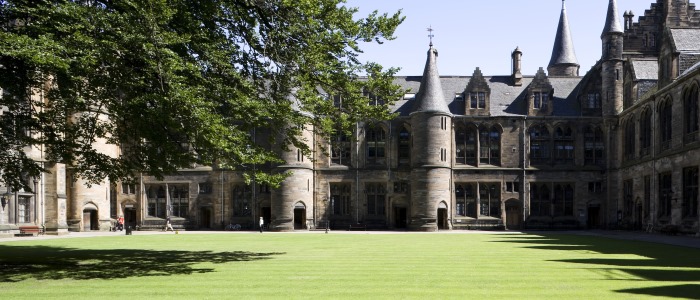
SOFT TISSUE MODELLING WORKSHOP, GLASGOW, JUNE 5-7 2019
Mon, 04 Jun 2018 13:05:00 BST
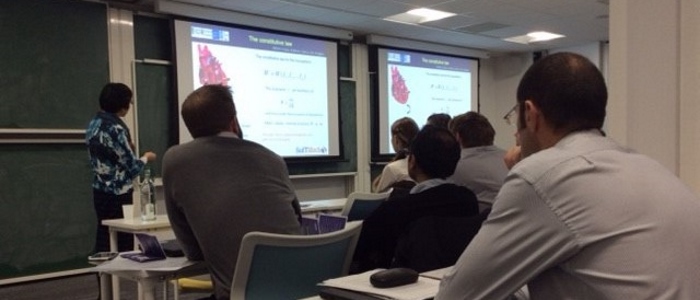
SofTMech Industry Dialogue
Thu, 10 May 2018 14:28:00 BST
Visit by Professor Rajagopal
Thu, 01 Nov 2018 13:12:00 GMT
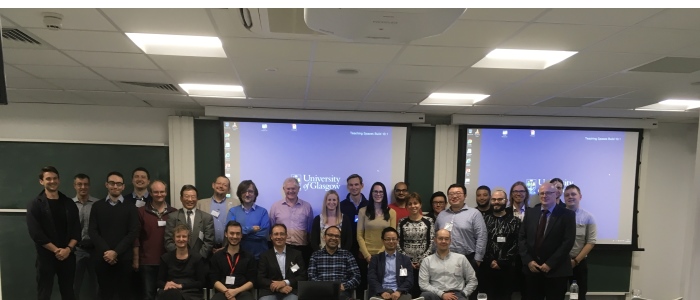
Five EPSRC Maths-Healthcare Centres Meeting, University of Glasgow, 19th-21st Sept. 2018
Fri, 22 Jun 2018 10:22:00 BST
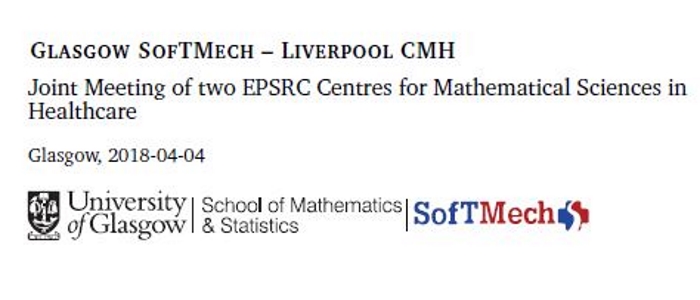
FIRST Joint SofTMech Liverpool LCMH Meeting
Thu, 10 May 2018 14:43:00 BST
Charles Taylor from HeartFlow Visit Wed. 7th November
Thu, 01 Nov 2018 12:06:00 GMT

Fellowships for SofTMech staff and students
Fri, 27 Aug 2021 12:26:00 BST


